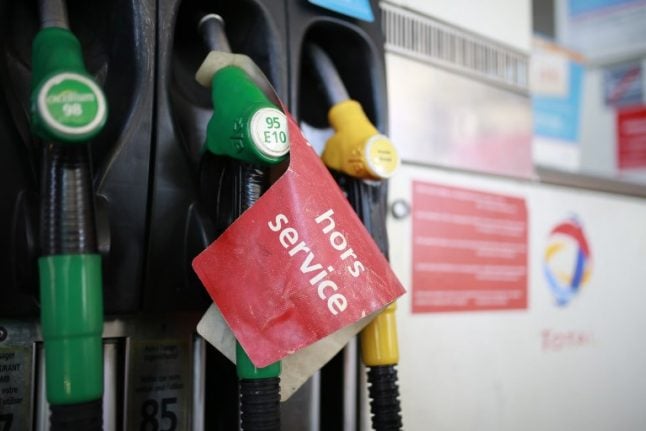- The violence, burning and looting wasn't just in Paris on Saturday
- Yellow vests: Who were the rioters who wreaked havoc and destruction in Paris?
 Photo: AFP
Photo: AFP
The ongoing yellow vest protests have seen petrol stations in parts of Brittany suffering fuel shortages, leading to restrictions being imposed on the amount motorists are allowed to buy.

 Photo: AFP
Photo: AFP
Member comments